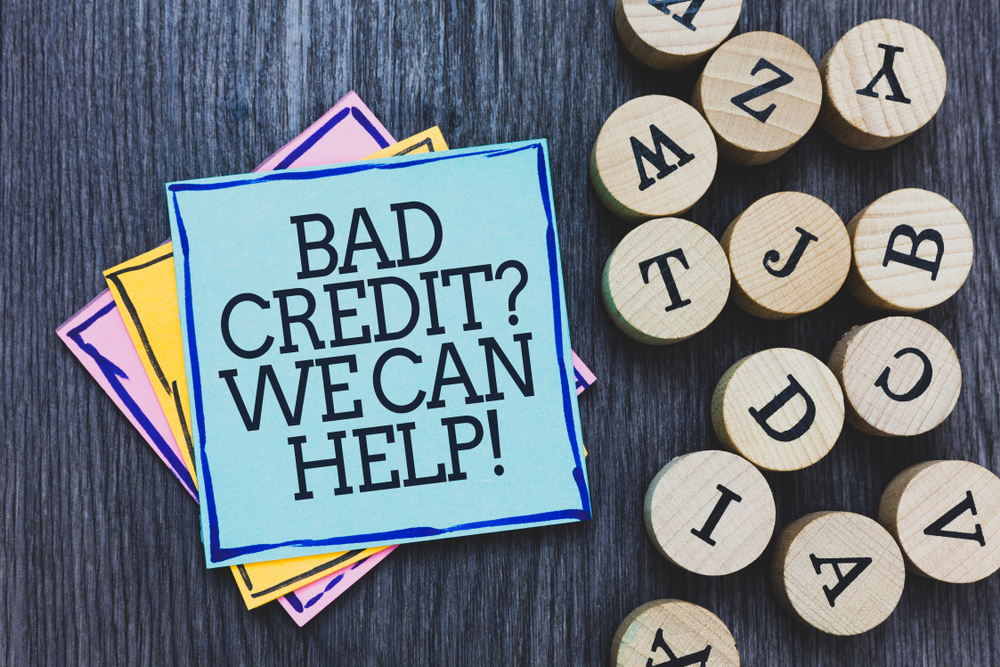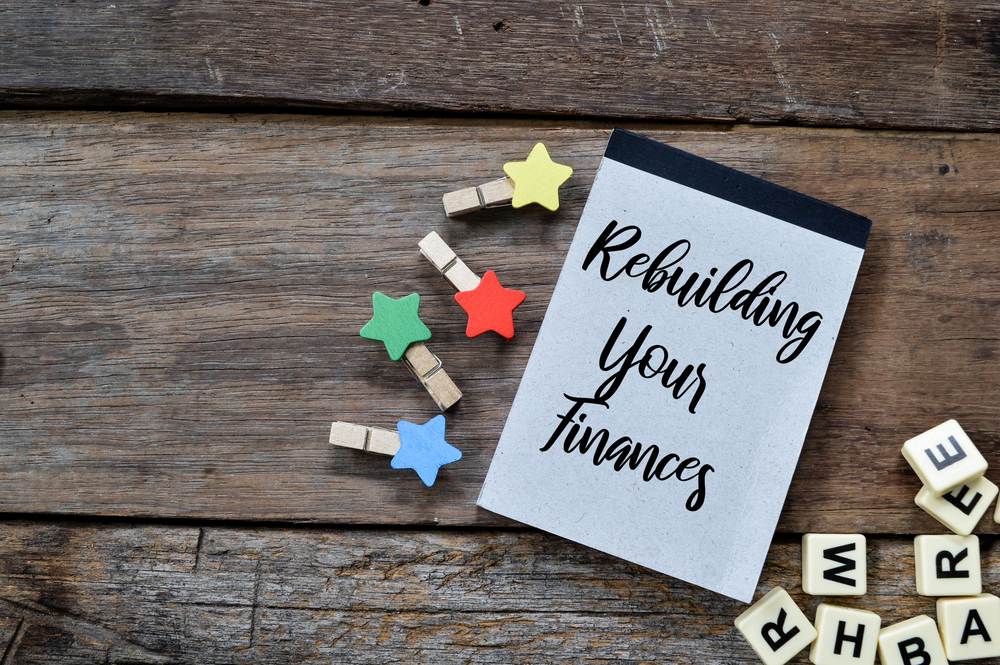Why Does My Credit Score Keeps Dropping & How to Fix it?
When you want to qualify for a mortgage, better loan terms, or a credit card, you’ll need to have a very good credit score. There are plenty of ways to raise it, but if you dig deeper, you might find that you actually need to fix it. And if you need to repair your credit score, there’s no other time to start than now!
Here are four reasons why your credit score keeps dropping, and how you can fix it.
Reason 1: You have an inaccurate credit report.
One reason you may have a low credit score is that your credit report is full of inaccuracies or worse, it contains various indicators that you are engaging in fraudulent activities!
But don’t worry, the fix is pretty easy. All you have to do is request your credit report from the Annnual Credit Report Request Service. It’s free, in case you were wondering – the three major credit bureaus are required by law to give you one free credit report per year.
Your credit report will contain your credit history, from credit cards and loans to accounts that were reported to collection agencies, and even legal actions like foreclosures and bankruptcies.
Once you receive your report, make sure to check it for any errors such as the following:
- Incorrect personal information like misspellings or wrong addresses
- Accounts that aren’t yours
- Wrong public records like bankruptcies, foreclosures)
- Accounts that are listed as open when they’re actually closed
- Doubled or duplicate accounts
- Payments that are marked as delinquent when they’re not
Sadly, plenty of credit reports can contain errors. Any of these can greatly impact your credit. And if you do find an error in one report, check to see if all the other reports contain the same.
How to fix
Report the errors to the bureau where you found the errors. If it’s only in one report, report to that bureau. If you got it in all three, then report to all three. You just need to provide documentation (like an identification card), the wrong information, and proof that what you are reporting is indeed an error. Thankfully, the bureaus are obligated by the law to resolve these mistakes. This process is also free.
Aside from the bureaus, you should also talk to the lender or creditor that is related to the wrong information and let them know of their error. Once the lender or creditor corrects that information on their side, that action updates all the bureaus.
Reason 2: You are late in paying your balances.
This is pretty simple: your credit score is down because you have plenty of overdue balances and you’re not paying them. Take note that payments aren’t considered late by credit bureaus until they’re past 30 days, so if you’re late, you’re really late!
The longer you don’t pay, the worse your credit score gets. You see, late payments stay on your credit report for as long as seven years, so it’s better to pay them as soon as possible. And when you have an account that’s way past due, your creditor may turn your account over to a collection agency to collect your debt. When that happens, that additional action is placed on your credit report, leading to an even worse score for you.
Plus, if your credit card payments are way too late (think six months), you will no longer have the option to make regular minimum payments. Your creditor will mark your non-payments as a loss in their records and will cancel your account. That means you’ll have to pay the balance in full, plus you’ll be charged a late fee for each month that passes!
How to fix
While paying off your debt is obviously the only way to fix this, payment won’t get the fact that you haven’t been paying on time off your record… unless you make a pay-for-delete agreement with the collection agency.
A pay-for-delete means the collection agency will remove the collection account from your report, as long as you make the full payment or a lesser agreed-upon amount. Remember, banks would rather get paid than anything else, so they’ll most likely be open to this arrangement. Send your creditor a pay-for-delete letter, and as long as they agree, your debt will be removed from your credit score.
And if you manage to pay off your old debts and get new credit, make it a habit to start paying on time. By doing so, you’re showing current creditors and possible lenders that you are a new person: you are now a borrower who is responsible. Whether it’s a credit card again or even a simple utility bill, pay on time. In fact, it’s best to set up automatic monthly payments so you can be consistent.
Reason 3: You have low credit limits.
Credit card companies will give each person a credit limit, which is the maximum amount that one can spend before some of the balance will be required to be paid off. That credit limit will depend on what kind of credit card you have and your creditworthiness. If you have a low credit card limit, that’s not exactly a good sign for other creditors – they might take it that you’re not to be trusted with money or with using credit.
How to fix
Simply ask your creditor to increase your credit limit. If they grant it, it can improve your credit score.
Another way to have an increased limit is to get a new credit card. Getting a new card increases your total available credit. Of course, do remember that you don’t want to get more debt, so pay this off on time also in case you use it. And check if the new card has an affordable annual fee. If you can’t afford to pay it, or if you think it’s too expensive, don’t get the new card.
Reason 4: You’re opening too many new accounts.
If for some reason, you’ve been opening plenty of new bank accounts, such as having the need to buy a car at the same time you’re applying for a credit card, well, guess what? That’s actually a negative sign to creditors. They might feel like you’re riskier, and might not lend you money at all. Generally, they’d feel much better if they knew you have accounts that have been open for a long time already.
How to fix
Check out which bank accounts you have that have been open for a long time already, and keep them. It also helps if they have a good payment history. If you plan to close any account, close the newer ones. Older accounts that are kept open help build your credit age. The older it is, the better your credit score typically is.
Get professional help in fixing your credit score.
The repair of your credit can be very time-consuming and can drain your patience. If you need professional help, hire us at Next Level Credit Score. We help you manage your credit score and make it so that you can qualify for better opportunities.
Contact us today and book your free consultation.






